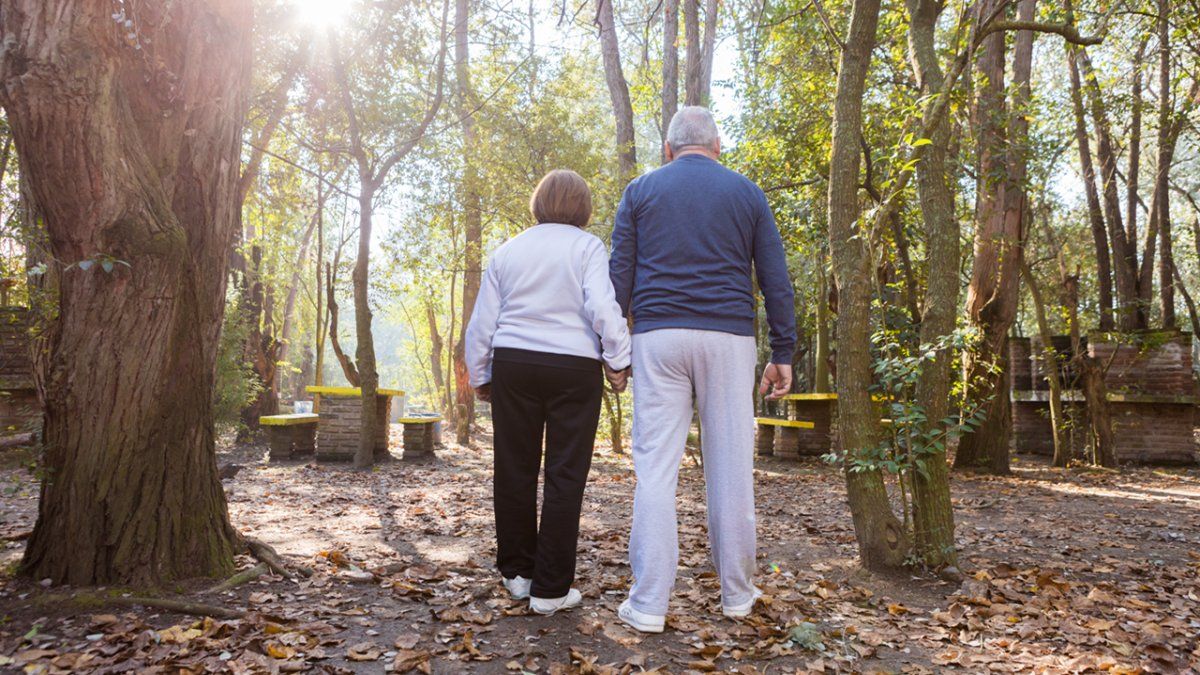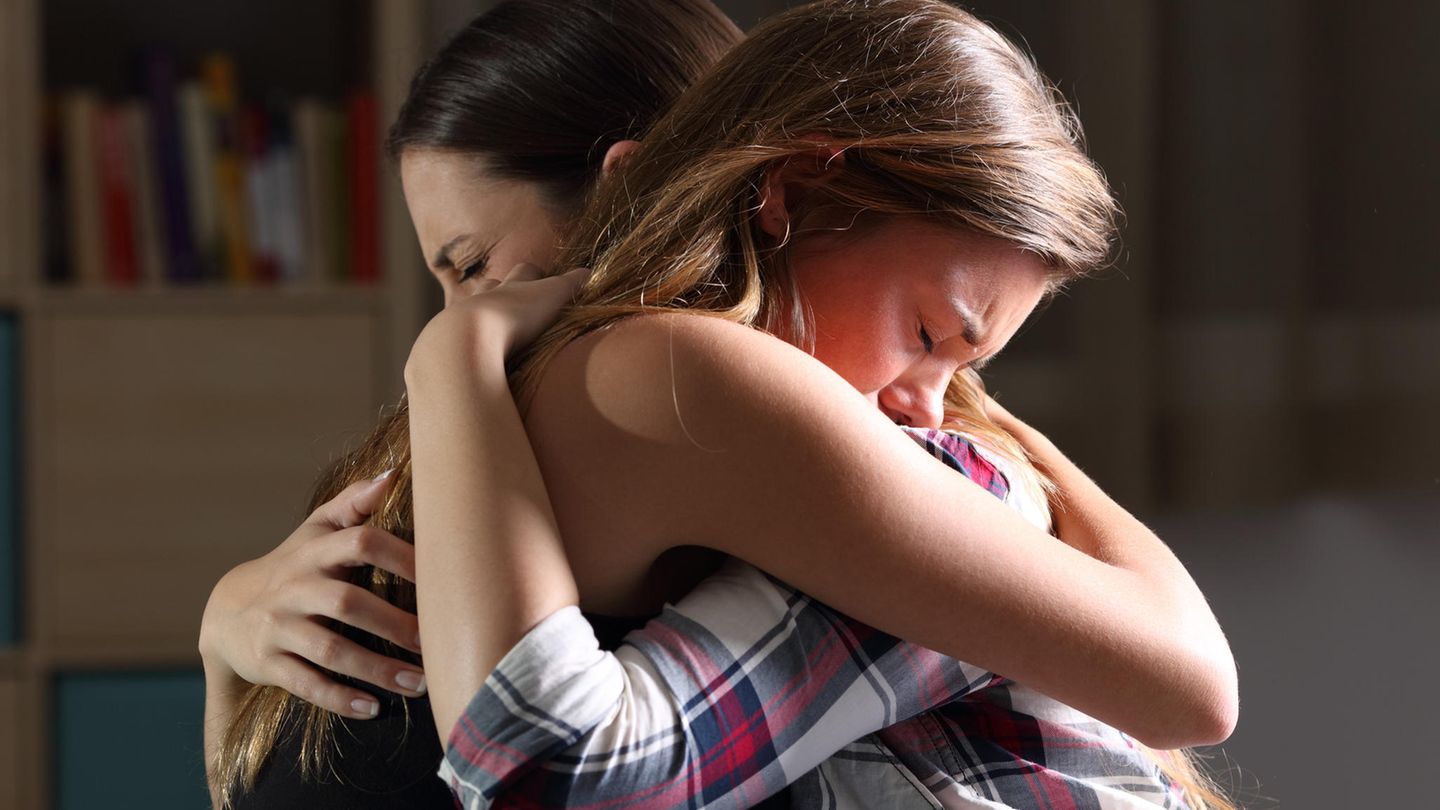I’m Caroline, a journalist and author for 24 Hours Worlds. I specialize in health-related news and stories, bringing real-world impact to readers across the globe. With my experience in journalism and writing in both print and online formats, I strive to provide reliable information that resonates with audiences from all walks of life.
Menu
Depression: How we help when relatives suffer
Categories
Most Read
Beauty Advent Calendar 2025: These cosmetic calendars are worth it
October 15, 2025
No Comments
Wash your hands properly: You should know these facts and myths
October 15, 2025
No Comments
Shaping your eyebrows: This is how you give your face more expression
October 14, 2025
No Comments
Happiness Research: Are Young Adults Unhappier Than Before?
October 14, 2025
No Comments
Assets: How to Protect Grandma’s House and Belongings
October 13, 2025
No Comments
Latest Posts

The UN asked Israel to open more border crossings in Gaza to guarantee the entry of humanitarian aid
October 16, 2025
No Comments
October 16, 2025 – 19:05 Meanwhile, Prime Minister Benjamin Netanyahu stated that they are evaluating reopening the Rafah crossing next Sunday, he announced. The United

If they continue to murder, we will have no choice but to kill them
October 16, 2025
No Comments
October 16, 2025 – 18:31 This Wednesday, US Central Command Brad Cooper “strongly” urged Hamas to cease the “violence and shooting against innocent Palestinian civilians

The rare workout that is effective for people over 65: works forgotten muscles
October 16, 2025
No Comments
October 16, 2025 – 18:30 A useful and little-known exercise to lead a fitness life and strengthen parts of the body that are not so
24 Hours Worlds is a comprehensive source of instant world current affairs, offering up-to-the-minute coverage of breaking news and events from around the globe. With a team of experienced journalists and experts on hand 24/7.

